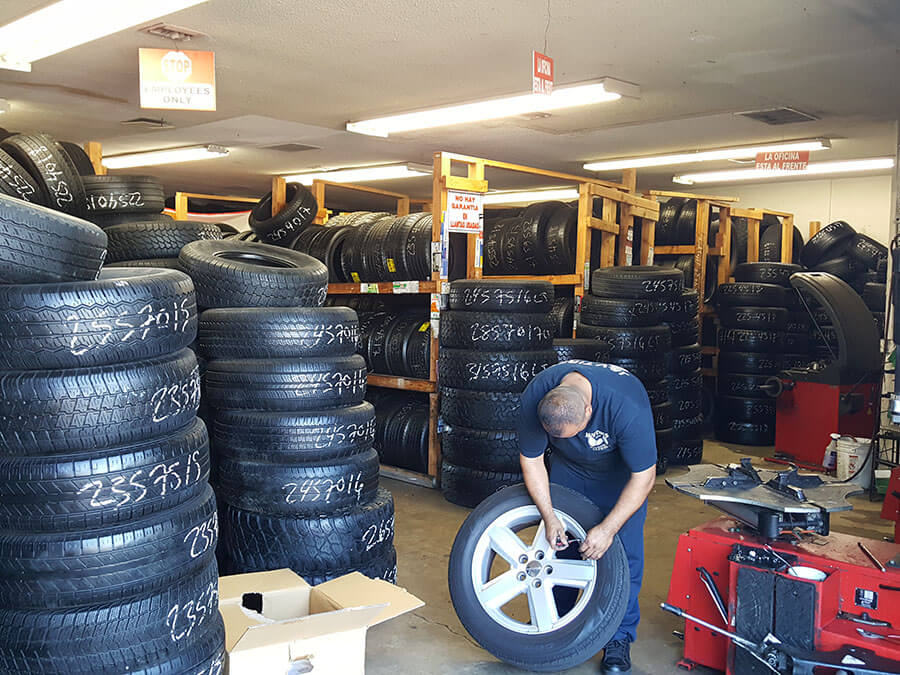Morris Tire and Alignment: Your Trusted Source for Reliable Service
Morris Tire and Alignment: Your Trusted Source for Reliable Service
Blog Article
Tire Solution: Understanding Tire Pressure Monitoring Systems
Understanding Tire Stress Surveillance Systems (TPMS) is an important aspect of keeping ideal automobile performance and safety on the roadway. With innovations in automobile technology, TPMS has actually come to be a typical attribute in contemporary lorries, supplying real-time info on tire stress degrees.

Value of TPMS
The relevance of Tire Pressure Surveillance Systems (TPMS) lies in their capacity to enhance car safety and security and efficiency with real-time tracking of tire pressure levels. Maintaining the correct tire pressure is crucial for making certain optimum handling, braking, and total security of a vehicle. TPMS gives vehicle drivers with prompt responses on any type of underinflated or overinflated tires, permitting for prompt modifications to be made.
Components of TPMS
Making up various crucial components, a Tire Pressure Monitoring System (TPMS) operates as an advanced safety function in modern-day vehicles. The primary components of a TPMS consist of sensing units, a control component, and a caution indicator. Sensors are usually located in the tire shutoff stem or connected to the wheel assembly, where they measure tire pressure and transfer data to the control module. If it identifies considerably reduced pressure in any of the tires, the control component processes this info and causes a caution. The warning indicator, usually a symbol on the dashboard, alerts the vehicle driver to inspect the affected tire or tires. Some progressed TPMS versions additionally display the real tire pressure readings for each and every tire, giving motorists with real-time information to make certain optimal tire efficiency and security. By checking tire stress constantly, TPMS assists stop crashes, lowers tire wear, and enhances fuel performance, making it an important component for automobile safety and performance.
Sorts Of TPMS

On the other hand, indirect TPMS depends on the vehicle's wheel speed sensing units to keep track of tire pressure. This system discovers underinflation by contrasting the rotational speeds of the wheels. Indirect TPMS is much less expensive than direct TPMS, as it utilizes existing sensing units within the automobile.
While direct TPMS supplies more precise readings, indirect TPMS is less complex in style and usually requires less upkeep. Both systems have their advantages and limitations, and the option in between them usually relies on variables such as price, lorry make, and personal choice. Comprehending the differences between these 2 see this sorts of TPMS can assist automobile proprietors make educated choices concerning tire maintenance and security.
TPMS Maintenance Tips
Efficient upkeep of TPMS is essential for making certain ideal performance and safety and security of your vehicle. Consistently inspecting the TPMS sensors for any damages or corrosion is essential. Guarantee that the sensors are complimentary and tidy from particles that could disrupt their functioning. In addition, it is advisable to inspect the sensing unit batteries occasionally and replace them as needed to ensure exact analyses. Conduct routine look at the tire pressure degrees and contrast them with the TPMS analyses to guarantee they are regular. Rectify the system following the supplier's guidelines if there are any type of inconsistencies. Throughout tire turning or substitute, make sure that the TPMS components are managed carefully to prevent any type of possible damages. If the TPMS alerting light brightens on the control panel, attend to their website the issue immediately by checking the tire stress and the total system for any kind of faults. By sticking to these upkeep pointers, you can prolong the life-span of your TPMS and boost the safety and security of your driving experience.
Benefits of Appropriate Tire Stress
Maintaining proper tire stress, as stressed in TPMS Upkeep Tips, is crucial for enjoying the many benefits associated with optimum tire stress degrees. Additionally, proper tire pressure makes sure even tire wear, extending the life expectancy of the tires and promoting safer driving problems. In final thought, the advantages of appropriate tire pressure go past just tire long life; they include enhanced fuel effectiveness, boosted safety, much better automobile performance, and total driving convenience.
Final Thought
In conclusion, recognizing tire stress tracking systems (TPMS) is critical for maintaining optimum tire pressure and ensuring automobile safety and security. By recognizing the significance of TPMS, recognizing with its parts, recognizing the various types available, sticking to proper upkeep ideas, and recognizing the benefits of maintaining appropriate tire stress, motorists can boost their driving experience and lengthen the life expectancy of their tires. Proper tire stress is essential to risk-free and reliable car procedure.

Report this page